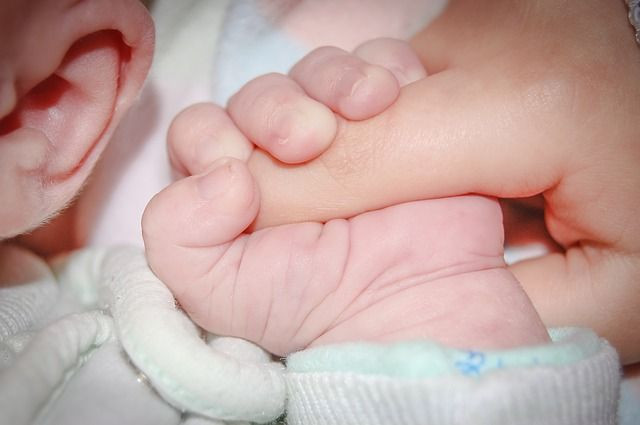Zika Effects In Babies Update: Virus May Cause Deafness As Well As Microcephaly

The laundry list of health problems associated with Zika infection in the womb continues to expand, according to new research published Tuesday by the Centers for Disease Control and Prevention (CDC).
The Brazilian team of researchers studied the available medical records of 70 infants diagnosed with microcephaly (a smaller than normal head), almost certainly caused by their confirmed congenital Zika infection. The infants were given a battery of medical tests, and the researchers found that five infants were also suffering from a type of hearing impairment known as sensorineural hearing loss. Though it’s possible that one infant may have developed their hearing loss after being treated with antibioti cs, the remaining cases couldn’t be explained by any other potential causes, leaving the Zika virus as the likely culprit. The degree of hearing loss varied by severity and which ears it affected, but all were found in infants who already had severe microcephaly.
“Congenital infection with Zika virus should be considered a risk factor for hearing loss, ”the authors wrote.
Sensorineural hearing loss, which accounts for 90 percent of hearing loss cases, typically involves damage to the inner ear or to the nerves that connect it to the brain, and is unfortunately permanent, though hearing aids and other treatments can help manage it.
Hearing problems have long been known to occur with other infections that are passed on through the womb from mother to children, such as rubella and syphilis, both caused by viruses. And other preliminary research has also found evidence of Zika-associated hearing loss. Should the hearing damage caused by Zika follow a similar pattern of these diseases, it’s likely many afflicted children will slowly lose their hearing down the road rather than at birth. And though the researchers only studied children with microcephaly, it’s still also possible that hearing loss can happen even in cases without it.
“The prevalence of progressive hearing loss associated with congenital Zika virus infection is not known,” the authors wrote.
Other medical problems associated with congenital Zika infection so far include various joint and brain deformities, as well as vision loss in both newborns and adults.
Since there’s little we understand about the connection between hearing loss and Zika infection, the authors advocate constant medical vigilance over newborns suspected of having Zika, even if they seem perfectly healthy at first.
“Children with evidence of congenital Zika virus infection who have normal initial screening tests should receive regular follow-up, because onset of hearing loss could be delayed and the loss could be progressive,” they concluded.
Source: Leal M, Muniz L, Ferreira T, et al. Hearing Loss in Infants with Microcephaly and Evidence of Congenital Zika Virus Infection — Brazil, November 2015–May 2016. Morbidity and Mortality Weekly Report. 2016.



























